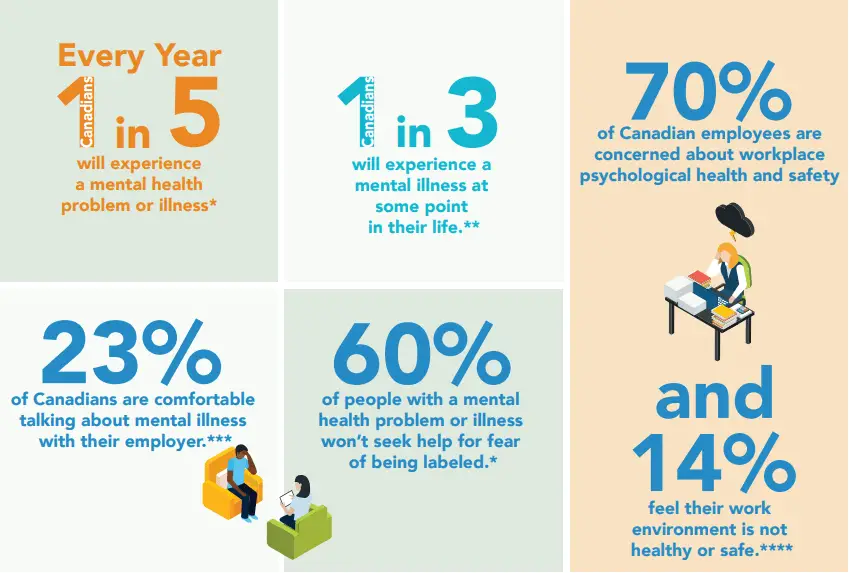Lifestyle is generally the way people are driven to their general behaviour. It is their function of daily life in a regional, cultural aspect. In recent decades the global mass population has increased sedentary, busy and unhealthy lifestyle choices increasingly. Hence, the key factors contributing to the mental well being and overall health in the changing fast-paced lifestyle are concerning.
How lifestyle factors overlap with health and wellness
The main factors to monitor and maintain are your eating habits, sleep, recreation, use of modern technology, movement in daily life. With this substance and medication abuse, alcohol, smoking habit, sex life are also behavioural factors that can cause health risks. According to WHO, lifestyle choices are a 60% contributor to health and well being.
Over the years, the changing nature of these factors is linked to diseases like hypertension, stress, obesity, heart diseases, type 2 diabetes, cardiovascular diseases, injuries, mental problems, anxiety.

Source:https://doctorlib.info/
Socioeconomic factors and the surroundings in the personal life of yours is linked to behavioural risk factors.
The main determinants of good health according to science direct are
- Genetics
- Nutrition
- Lifestyle
- Environment
- Medical care
Behavioural risk factors are not just bad eating or sleeping habits. Along with them, your work life, medications, movement of the body and social life also builds up your health. These factors directly affect cardiovascular health and metabolic activities in the body.
Key Factors in Lifestyle Choices
- Food Choices/ Nutrition:
Researchers are intrigued to figure out that from day to day life more people are struggling to keep up a good diet. Increase in the comfort due to rapid urbanisation we tend to eat more and more junk food, processed and refined food. Door to door delivery has made our lives easier.
 Source: https://www.statista.com/chart/
Source: https://www.statista.com/chart/
Eating an unhealthy amount of outside food leads to a bad diet. Even if you cant follow the right diet for you at least stop eating junk food, beverages and an excessive amount of food and turn to more wholesome vitamin and fibre rich foods. According to Harvard Public Health, more than 70% of American adults are suffering from obesity or are overweight and with each decade average weight and BMI index is increasing.
Overweight people are more at risk of all kinds of diseases especially cardiovascular and hormonal like type 2 diabetes, stroke, arthritis.
2. Substance abuse
Over the years the graph of all demographics in substance abuse has increased. Except for an increase in the number of smokers, drinkers, barbiturates, opioid users are also on the rise as the graphs by NIDA suggests. Substance abuse including alcohol is causing an uprise in deaths by overdose.
Researches are showing the leading causes of substance abuse are linked to homelessness, Unavailability of food, recreational purposes. If you are dealing with substance abuse You have got to know what it brings to your life exactly, think of your reasons and seek expert help to stop falling into a relapse stage.
- Sleeping Habits:
Sleeping is a repairing state for your body, especially heart arteries, blood vessels. Sleep deprivation in teenagers creates hormonal irregularity that causes impulsiveness, mood swings, demotivation.
Sleep deficiency increases the chances of obesity as it regulates hunger regulating hormones like leptin, and blood sugar-regulating insulin.

source:https://www.google.com/
Micro-sleep can cause you to reduce your day time performance and concentration. In children and adults, enough sleep and good REM sleep is required to have normal growth and development. Good sleep is easy to establish by a fixed bed and wake time. Scrolling social media or binge-watching every day rather than sleeping can take away your stable mental health, motivation and creativity.
Here is the normal sleep schedule for average people of different ages.

- Exercise:
A moving body is a healthy body. WHO experts have urged people worldwide to remain active during COVID pandemic to increase immunity to the pandemic. The more you move your mental and physical endurance, strength and positivity will increase. Many people have a false idea of relying only on exercise for other aspects of life like poor diet, alcohol and being overweight.
If your goal is to just look good you can’t sustain it longer. But the more you learn movement the more you build muscle, improve vascular endurance and it ultimately helps your body function more smoothly.
Daily exercise also helps in health problems like PCOD, obesity, heart diseases, arthritis, dementia, asthma. Those who exercise regularly seem to have reduced stress, anxiety, better sleep and increased self-esteem.
Here is a report by the Australian government how physical recreation affects mental health.

Source: Department of Local Government Sport and Cultural Industries
If you have problems continuing exercise regularly, choose a sport that you like. It may be playing soccer, swimming or going to the gym or running whatever you like.
- Sexual Activity:
Sexual life has more importance in your physical, psychological, intellectual and social wellbeing than you may think. Hence, sex is a good exercise to increase heart rate, lower blood pressure, balance sex hormones in men and women.
More sexually active adult men and women tend to exercise and eat healthy more. Research by the American Sexual Health Association says that moderately active sex life can improve the immune system, give momentary reliefs from migraine and cluster headaches.
Your sex life affects the quality of sleep, chances of prostate cancer and even mortality in men. Next time, while having sex enjoy it a little more when you know so much of its benefits.
What lifestyle choices are worsening your mental health & wellbeing?
Although the five factors discussed above can influence mental health, there are also lifestyle factors and facets of personal life that influence mental wellbeing.
The wellbeing of mental health is easy to overlook if you have never thought in depth about it because you may not have concerns regarding.
Here we are going to discuss simple wellbeing tips for mental clarity and some factors that have contributed to degrading mental health. According to statistics by the Mental Health Foundation, every year 1 in 3 Canadian experience mental problems in life.

Source: Mental Health Foundation
1. Work-life balance:
Work or school-related stress is high in common people and is a common stressor and cortisol-inductor in all ages. Though a little bit of fear and stress may help you perform better, too much will be a trigger to anxiety and physical health problems. Balance your work with socializing with friends, keep your family close and try to invest in creative and physical activities.
2.Isolation / Discrimination:
Probably most of us understand the torture of isolation is 2021. The amount of stress isolation creates ultimately lowers self-esteem. Being isolated makes us feel under-confident, stressed and afraid to socialize.
If you face any sort of discrimination based on your opinion, gender, race or anything else, you have to know how to walk with pride and not take care of what people say. In the ongoing worldwide pandemic, people are feeling more depressed and suicide rate also increases in the midyear mark. Find your purpose and stay happy!
3.Relationships:
In today’s world, complicated relationships are a problem many of us have to deal with. Parents or lovers we have forgotten to find the meaning and love within the relationships. Having a bad childhood embed self-doubt, disbelief in a positive mindset and can trigger unbalanced mental health.
Probably, taking things slowly to think through and finding meaningful relationships will result in better mental clarity and peace.
4.Physical health:
Though mind and body are often separated they interact and influence each other. Having diseases or extremely bad health conditions or chronic diseases can trigger sadness, anxiety, self-pity. So, regular health check-ups, exercise and self–belief even if you have a chronic illness can improve your mental wellbeing.
These are the common factors of mental wellbeing that we can regulate to a degree. But every person’s story and life and the social, economical and cultural environment is different. In any case, seek help if you need and learn to be a little happier every day.


